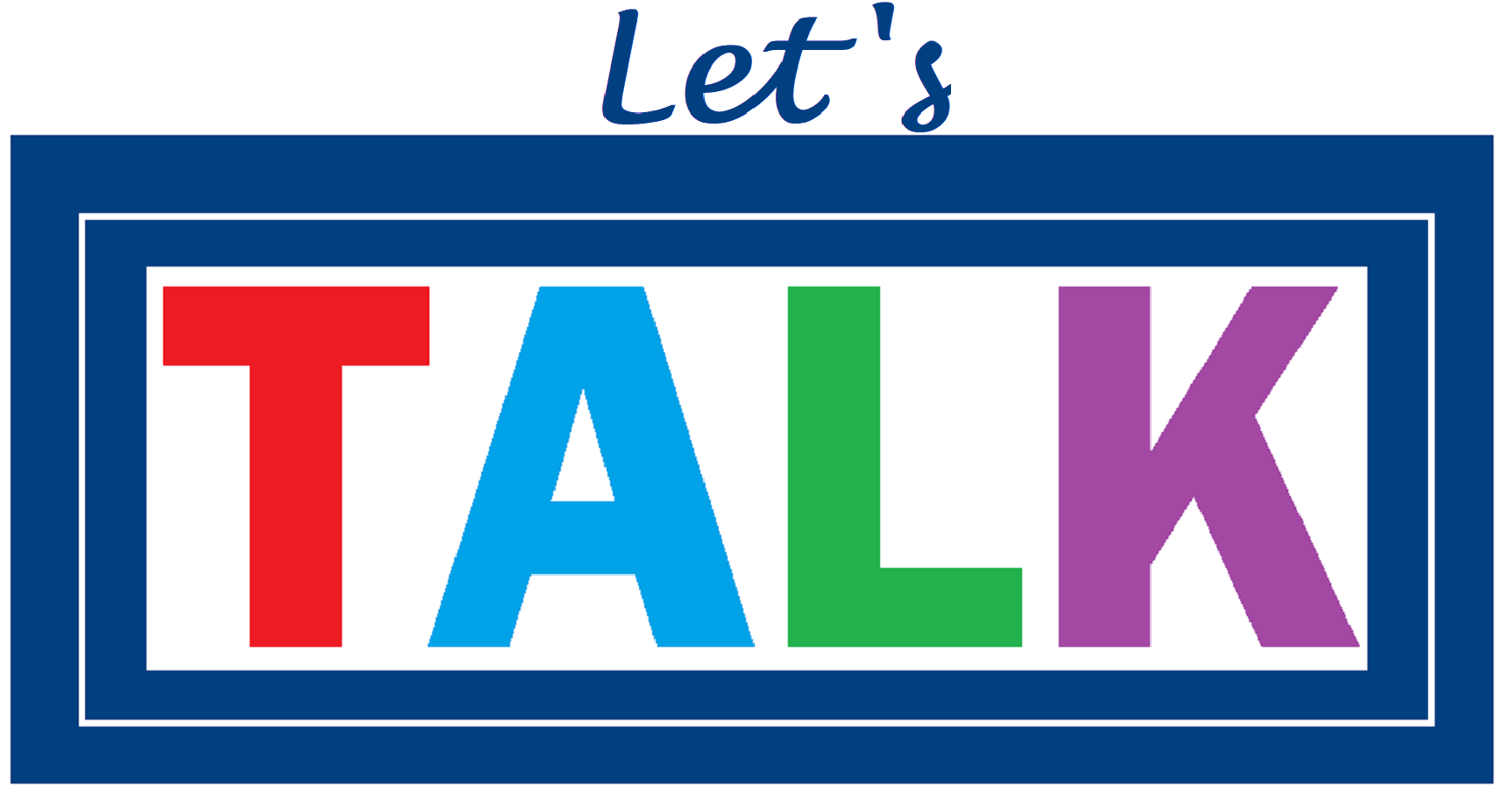By Tracy Kavananaugh
Here we are at another crucial time of year when it is pollinators (and many other creatures) versus homeowners. This time instead of considering taking part in NO MOW MAY, where we stop mowing for the month to help early emerging pollinators with food, the Glastonbury Pollinator Pathway is asking you to LEAVE THE LEAVES this Fall. This is so that pollinators like butterflies, moths, bees, and even other animals, will have a cozy winter bed. We might find leaves a nuisance in our yards, but many creatures rely on them to survive through the winter months as eggs, caterpillars, and chrysalises. Most moths and butterflies do not migrate for the winter like Monarch Butterflies. There are many other animals that live in the leaves as well, such as spiders, snails, worms, beetles and more. They support the birds, turtles, chipmunks, and amphibians that rely on these insects for food.
Why do we need pollinators?
Pollinators support biodiversity: There is a correlation between plant diversity and pollinator diversity.
The pollinator population of an area is a great indicator of the overall health of an ecosystem.
More than 80% of the world’s flowering plants rely on pollinators to reproduce.
We can thank pollinators for about 1 of every 3 bites of food we eat.
Pollinators need native plantings and habit to flourish, participate in ‘No Mow May, and Leave the Leaves’!
Having no leaves means continued population decline for the already threatened pollinators. You do not even have to leave the leaves all over your lawn. Leaving them whole in your gardens they make great natural mulch around the bottoms of trees. It is an immense help to Tiger Swallowtail caterpillars that climb down from the Tulip Poplar and form a chrysalis under the leaves, also leaving them along your yard edges gives another area for creatures to overwinter. Even mulching leaves in grassy areas provides nutrients for your grass and is better for the environment than bagging the leaves and having them end up in the dump where they can create dangerous amounts of methane gas. Also, if you are going to remove some leaves, consider breaking out that rake again, or at the most, use an electric leaf blower as the gas-powered blowers are extremely harmful to the environment. Per the California air sources board, 1 hour of using a gas-powered blower produces as much pollution as 1,100 miles traveled by a gas-powered car!
When Spring rolls around again, if you cannot stand the leaves, you left lying around, please wait until it is 50 degrees during the day for seven consecutive days before removing them. This will give everything that has been living in the leaves for the winter, a chance to emerge.
And the best part of all is less work for you means more help for the pollinators!
TALK Environment Team seeks to promote conversations about the environment and climate change in our community. If you have a related topic which you are passionate about, please send your ideas and suggestions for future articles to: prez@talk-action.org. All articles are archived on the Talk website http://talk-action.org
Glastonbury Pollinator Pathway/TALK
